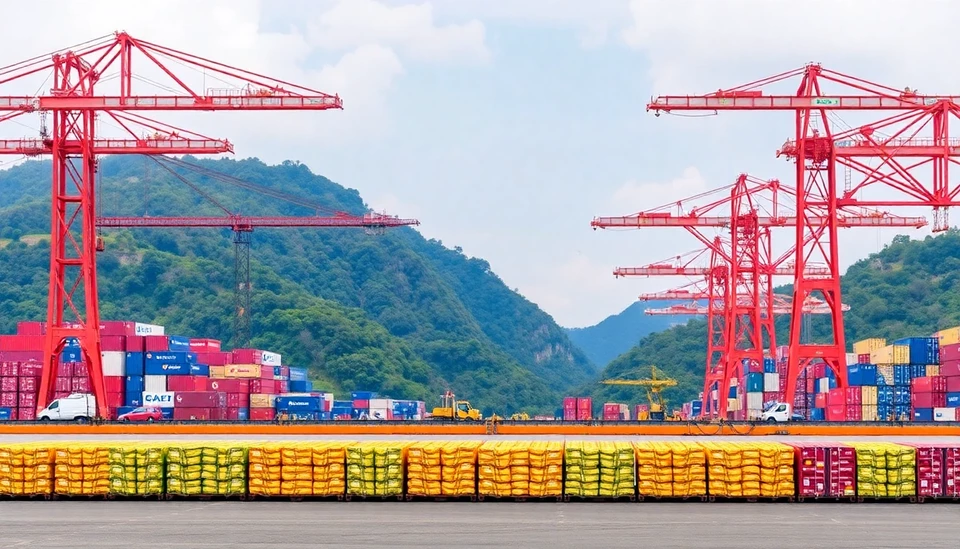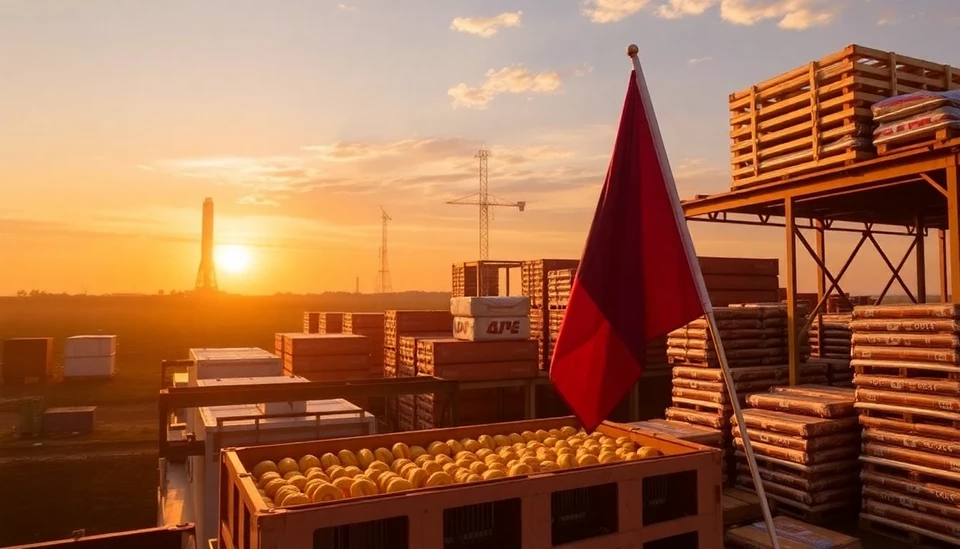
In a significant shift within the global trade landscape, Thailand's manufacturing and agricultural sectors are gearing up for an influx of Chinese goods. This change comes as the United States implements a series of tariffs that could alter trade dynamics across the Asia-Pacific region. As US tariffs on certain goods increase, Chinese manufacturers are poised to capitalize on the opportunity to fill market gaps in the wake of the reduced American exports.
Multiple industries in Thailand, particularly those reliant on raw materials and intermediate products from the US, are now anticipating a large volume of imports from China. This includes not only finished consumer products but also components that are vital for Thailand's own manufacturing base. Industry leaders are expressing concerns over potential price fluctuations and increased competition from these incoming Chinese goods, which may destabilize local markets.
The initial response from the Thai government aims to mitigate the potential challenges posed by this influx. Officials are considering potential tariff adjustments on certain Chinese imports to safeguard local manufacturers and maintain a level playing field. However, the challenge remains significant, as many Thai industries may struggle to compete with the lower production costs and prices of goods manufactured in China.
Moreover, the political ramifications of this development are also being scrutinized. Thailand has long maintained a robust trade relationship with both the US and China. The potential for increased Chinese imports could shift the balance of trade, resulting in diplomatic considerations that the Thai government must navigate carefully. Observers note that Thailand's response could affect its standing in broader geopolitical tensions between the US and China, where trade policies have become increasingly contentious.
Industry analysts are emphasizing the need for Thai businesses to adapt swiftly. Diversifying supply chains and investing in value-added products are seen as key strategies for local firms to withstand the pressures posed by an influx of Chinese goods. As global commerce becomes ever more interconnected, the ability to innovate and respond to shifting market demands could define the future of Thailand's industries.
Furthermore, consumer sentiment is expected to shift as well. The availability of a wider array of products, many at lower prices due to Chinese manufacturing efficiencies, may tempt Thai consumers. This consumer shift could further challenge domestic manufacturers and encourage a reassessment of pricing strategies across various sectors.
In summary, the imminent surge of Chinese goods into Thailand, driven by recent US tariff changes, presents a myriad of challenges and opportunities within the Thai market. As the industry braces for this transition, the coming months will be crucial in determining how effectively both the government and local businesses can respond to the evolving trade environment.
#Thailand #China #Trade #US #Tariffs #Manufacturing #Economy #Industry #ConsumerGoods #GlobalTrade
Author: Daniel Foster




